
Ultimate 2025 Guide: Ebike vs Motorcycle - Which Ride Fits Your Life?
Ebike vs Motorcycle: Making the Right Choice
Choosing between an ebike and a motorcycle is a big decision. Electric bikes and motorcycles each have special features that make them good for different uses, and understanding these key differences can help you pick the right one for your needs. Each type of vehicle comes with its own set of advantages that could match your daily travel needs, budget, and lifestyle goals.
Ebikes combine the ease of riding a bike with a helpful electric motor. These vehicles usually can go between 15 to 28 mph, making them perfect for city trips and short commutes, while motorcycles pack much more power and can travel at highway speeds for longer journeys. Ebikes let you exercise while getting where you need to go, but motorcycles are built for speed and distance.
The choice between an ebike and motorcycle often depends on what you want to use it for. A motorcycle needs more maintenance, costs more to run, and requires special licenses and insurance, whereas ebikes are simpler to own and operate, need less upkeep, and usually don't require special permits. Motorcycles give you the freedom to hit the open road and travel far distances quickly, but ebikes are great for avoiding traffic and finding easy parking in busy cities.
Key Differences in Cost and Operation
Money matters when choosing between these two options. An ebike typically costs less to buy and maintain than a motorcycle, and charging an ebike battery is much cheaper than filling up a gas tank. Motorcycles have higher ongoing costs including fuel, insurance, and maintenance, but they offer more power and range for your money.
The environmental impact is another important factor to think about. Electric bikes produce zero emissions while riding and use very little electricity to charge, making them an eco-friendly choice for daily transportation. Traditional motorcycles run on gas and produce exhaust emissions, though they're still more efficient than cars.
Safety concerns play a big role in making your choice. Motorcycles require more skill to operate safely and come with higher risks due to their speed and power capabilities, while ebikes are generally easier to control and safer for new riders. You'll need special training and a license to ride a motorcycle legally on public roads, but most ebikes can be ridden right away with basic bike-riding skills.
Consider your daily travel needs carefully before making your decision. If you mostly make short trips around town and want to avoid traffic while getting some exercise, an ebike might be your best choice. For longer commutes or if you enjoy recreational riding on highways and back roads, a motorcycle could be the better option for you.

Power Source & Performance Comparison
Ebikes and motorcycles use very different power sources. The ebike runs on a rechargeable battery that typically provides 250 to 750 watts of power for pedal assistance. Standard ebikes can reach speeds of 15-28 mph, making them perfect for city riding. Motorcycles use gas engines that give them much more power, letting them easily hit highway speeds over 70 mph.
The way these vehicles are maintained is quite different. Motorcycles need regular service checks and oil changes because they have complex engines with many moving parts. A simple ebike has fewer parts to worry about and usually just needs basic maintenance like battery charging and brake adjustments. Motorcycles burn gas and make more noise, while ebikes run quietly and produce no emissions.
Key Performance Differences
Let's break down how ebikes and motorcycles compare in real life:
| Feature | Ebike | Motorcycle |
| Power | 250-750W battery | Gas engine (10+ horsepower) |
| Speed | Up to 28 mph | 50+ mph |
| Range | 20-60 miles per charge | 150+ miles per tank |
| Maintenance | Low, mostly battery care | Regular engine service needed |
| Cost | Lower operating costs | Higher fuel and service costs |
Most people pick ebikes for short trips and easy commuting in the city. The smooth power delivery makes them great for daily rides to work or running errands. Motorcycles shine on long trips and highways where their extra power is needed. Their strong engines let riders cover more distance and handle steep hills easily.
The choice between an ebike and motorcycle often comes down to how you'll use it. Ebikes work best for shorter trips and casual riding around town. A motorcycle might be the better choice if you need to travel far or ride on highways regularly. Your comfort level with each vehicle's power and speed should also guide your decision.
Test results show that ebikes handle stop-and-go traffic well. Motorcycles perform better at higher speeds and on open roads where their powerful engines make a real difference.
Cost, Maintenance & Environmental Impact
The choice between an ebike and a motorcycle affects your wallet and the environment. Electric bikes typically cost between $1,000 and $5,000, making them a more affordable option than motorcycles.
When you look at motorcycles, they start around $5,000 and can go over $20,000 for high-end models. Their maintenance needs are much more complex, requiring regular oil changes, fuel, and professional servicing.
Ebikes are simple to maintain, with few moving parts to worry about. Most owners can handle basic upkeep themselves, saving money on repair bills.
Long-term Costs and Environmental Impact
Motorcycles need frequent trips to the mechanic for engine tuning and exhaust system work. The electric bike, however, mainly needs occasional battery charging and basic tire care.
Environmental concerns make ebikes stand out as a greener choice. They create zero emissions while riding, unlike motorcycles with their gas engines.
The cost comparison shows clear differences:
| Factor | Ebike | Motorcycle |
| Purchase Price | $1,000 – $5,000 | $5,000 – $20,000+ |
| Maintenance Expenses | Lower (fewer moving parts) | Higher (engine, fuel system) |
| Fuel/Energy Costs | Small electricity costs | Regular gas expenses |
| Environmental Impact | No emissions | Produces exhaust emissions |
Running costs stay low with ebikes because they only need electricity to charge. This makes them much cheaper to use than motorcycles, which need expensive gas.
Your choice between an ebike and motorcycle should match your needs and budget. Consumer Reports' ebike guide can help you learn more about making the right decision.
Think about how you'll use your ride and what you can spend before making your choice. An ebike offers savings and helps the environment, while a motorcycle provides more power and range.
Safety, Regulations & Legal Considerations
Understanding the differences between an ebike vs motorcycle is crucial for safety and legal reasons. These two vehicles must follow very different rules and regulations that affect how and where you can ride them.
Ebikes typically have motors limited to 750 watts and can reach speeds of 20-28 mph without pedaling. They need much less oversight than motorcycles, which must meet strict requirements for licensing and registration.
Safety features on ebikes make them good choices for city riding. The slower speeds of ebikes mean crashes are usually less serious, but riders still need to wear helmets and follow traffic rules.
Motorcycle riders face bigger safety challenges because their vehicles can go over 100 mph. These fast speeds mean that riders need special training and must wear more protective gear like leather suits and heavy boots.
Getting a motorcycle license requires passing both written and riding tests. Local laws are much stricter for motorcycles than ebikes.
Location and Legal Considerations
Different places have different rules about where you can ride. Many cities have bike lanes that work great for ebikes but aren't meant for motorcycles.
You don't need to register or insure most ebikes. Motorcycles must be registered, insured, and pass regular safety checks.
Knowing your local laws is really important when choosing between an electric bicycle vs motorcycle. Some powerful ebikes might actually count as mopeds or motorcycles under local laws.
Safe riding depends on following the rules for your vehicle type. Make sure you know what's legal in your area before you start riding.
This knowledge helps keep everyone safe on the roads. When riders understand and follow the rules, both ebikes and motorcycles can share the road safely.
Real-World Uses and Expert Views on Ebikes vs Motorcycles
In choosing between an ebike and a motorcycle, daily needs play a big role. Most city riders prefer ebikes because they're easy to park and move through traffic. Getting around in busy downtown areas is much simpler with an ebike, and they cost less to own. Motorcycles show their strength on long trips and highways, where speed matters most. For people who travel far, motorcycles offer the power they need.
Making the Choice: Electric Bike vs Motorcycle
More companies are choosing ebikes to help workers get around. These bikes need less care than motorcycles and don't hurt the environment as much. Everyday ebike riders save money because they don't need oil changes or costly fixes. The quiet, smooth ride of an ebike makes the daily trip less stressful.
Many riders own both an ebike and a motorcycle, switching between them as needed. Electric bikes work great for mixed city and suburb trips, helping riders deal with hills and traffic jams. Motorcycle riders love the speed and power they get on open roads and highways, where pedaling isn't needed.
For those looking at ebikes, there are many good choices. The Leoguar Flippo Folding Ebike works well for people who need to fold and store their bike easily. The Leoguar Fastron SO Fat Tire Electric Bike handles rough roads and bad weather with its big tires.
Your daily needs should guide your choice between an ebike and motorcycle. Think about your usual trips, where you'll ride, and what matters most to you. This helps make the right pick for your lifestyle.
Conclusion & Final Recommendations
Your choice depends on what you need. Our review of the ebike vs motorcycle options shows that each ride offers different benefits based on power, performance, cost, and local rules.
Ebikes are economical and kind to the environment. Electric bicycle vs motorcycle articles point out that ebikes use rechargeable batteries and pedal assistance, making them ideal for short city trips and reducing overall maintenance burdens.
Motorcycles bring more force and speed. The bike vs ebike discussion reveals that motorcycles, powered by engines, are best for long rides, fast speeds, and tough terrains, though they come with higher fuel costs and stricter regulations.
Key Points
Think about how far you usually ride. When comparing electric bike vs motorcycle options, consider your daily route, budget for both buying and upkeep, and whether you prefer a greener ride or more raw power.
Decide based on your needs. Our exploration of the difference between bike and motorcycle provides a guide that balances simple advantages against performance, helping you make a smart choice that fits your lifestyle.
Read our guides. For more details on ebike vs motorcycle, check our other articles that cover power sources, safety tips, and cost breakdowns so you can decide with confidence.
FAQ
-
Is an ebike cheaper to maintain than a motorcycle?
-
Yes, ebikes have fewer moving parts and lower maintenance costs, requiring mainly battery care and basic upkeep compared to motorcycles' regular engine servicing.
-
What's the main speed difference between ebikes and motorcycles?
-
Ebikes typically reach speeds of 15-28 mph, while motorcycles can exceed 70+ mph on highways.
-
Do I need a license to ride an ebike?
-
Most ebikes don't require a license, while motorcycles always require proper licensing and registration.
-
How far can ebikes and motorcycles travel on one charge/tank?
-
Ebikes typically range 20-60 miles per charge, while motorcycles can travel 150+ miles per tank.
-
Which is more environmentally friendly: ebike or motorcycle?
-
Ebikes are more eco-friendly, producing zero emissions while riding and using minimal electricity compared to motorcycles' gas consumption and exhaust emissions.



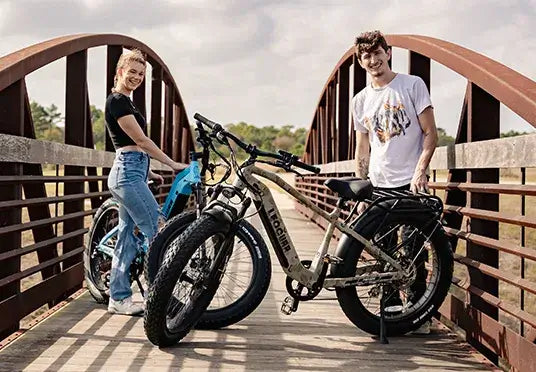
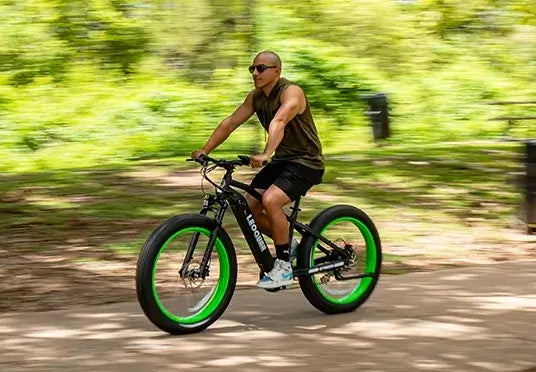
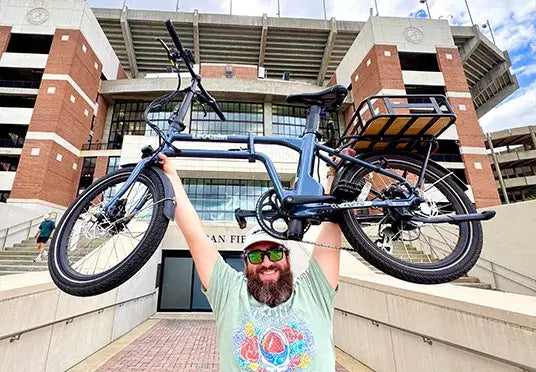
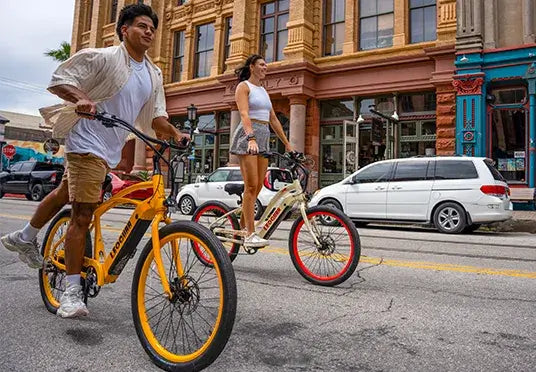
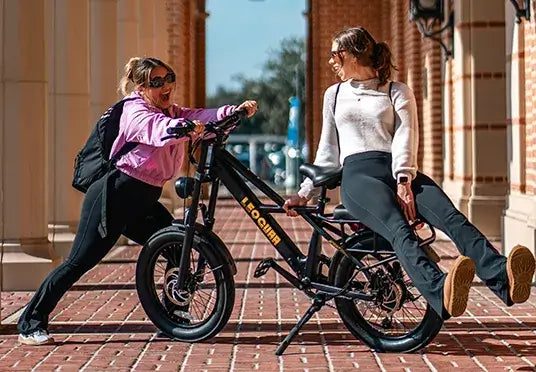
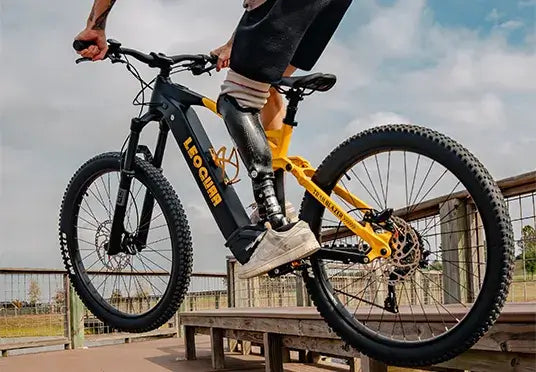
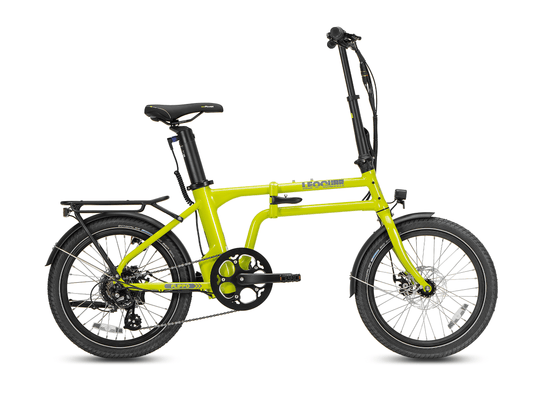
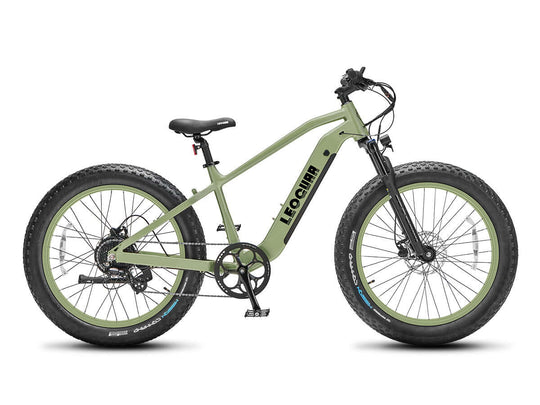
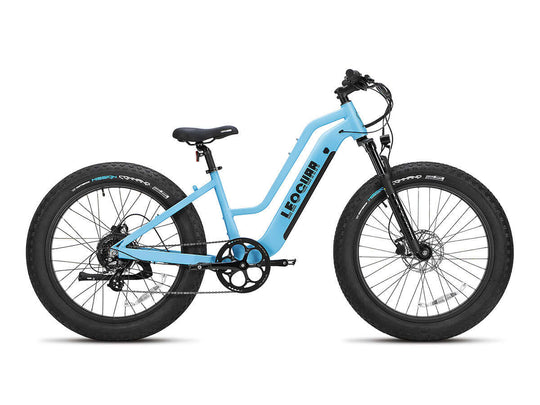
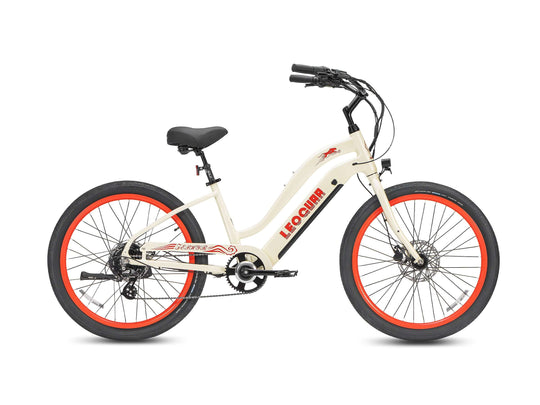
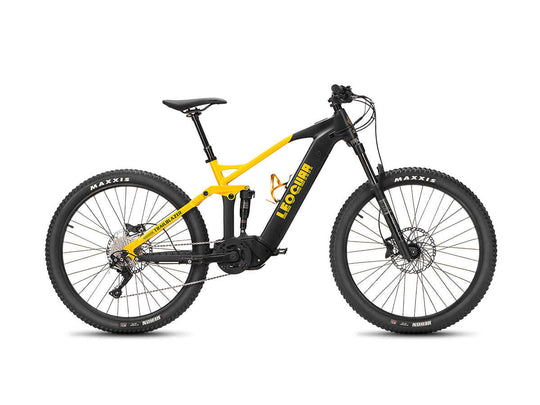
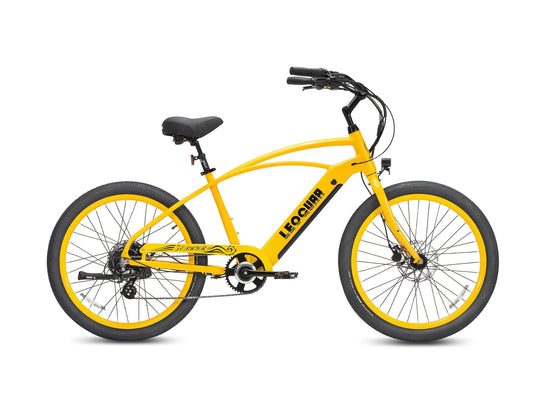
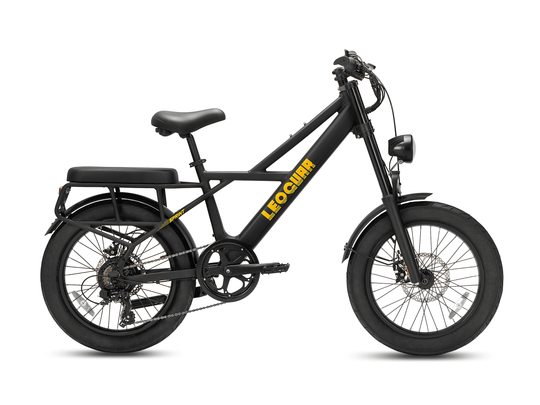
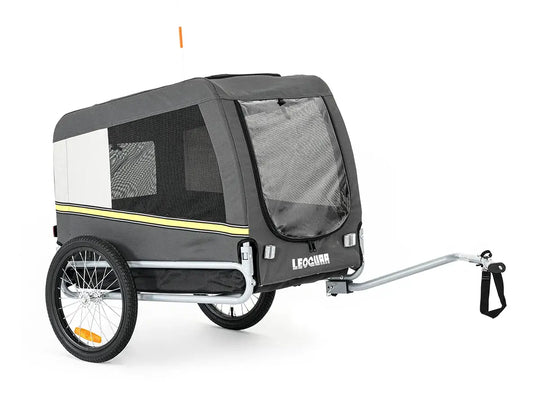
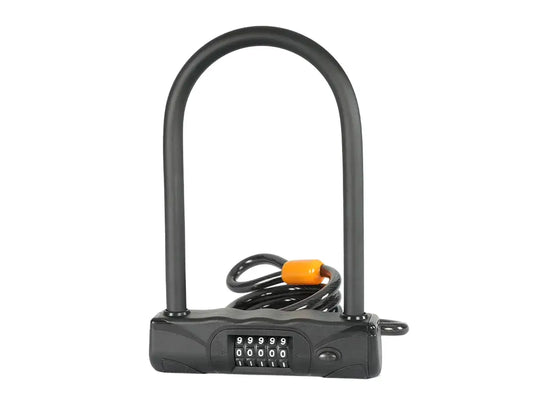
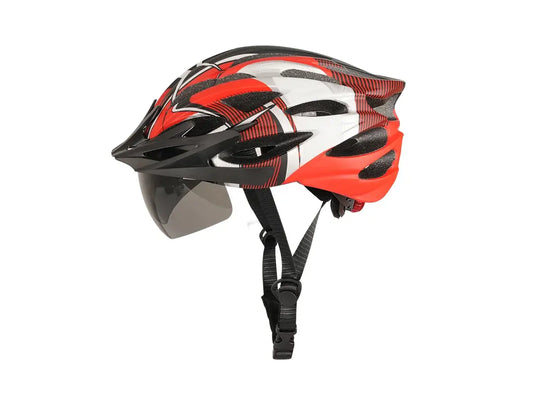
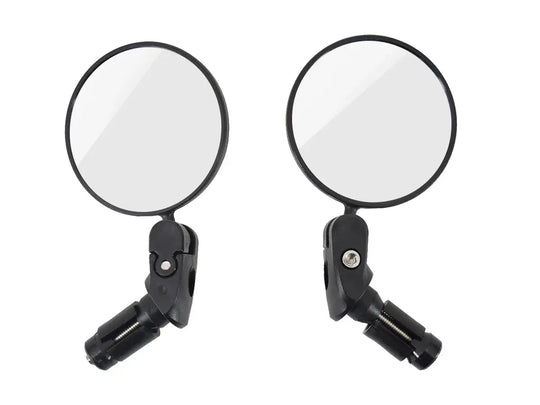

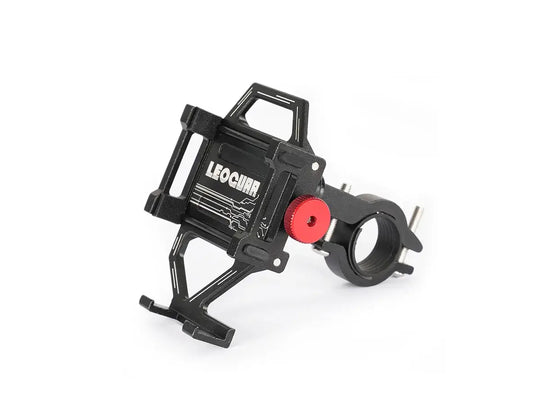
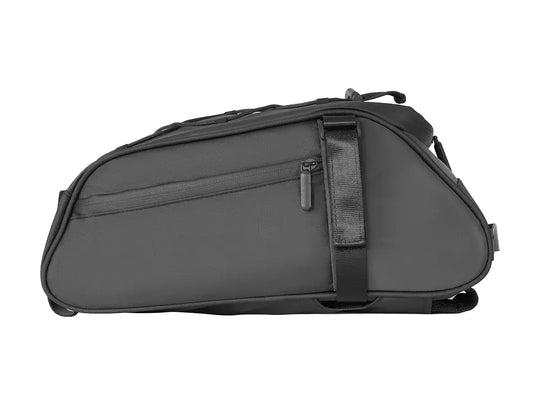
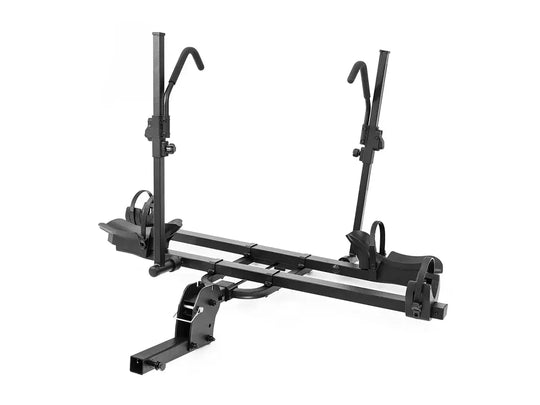
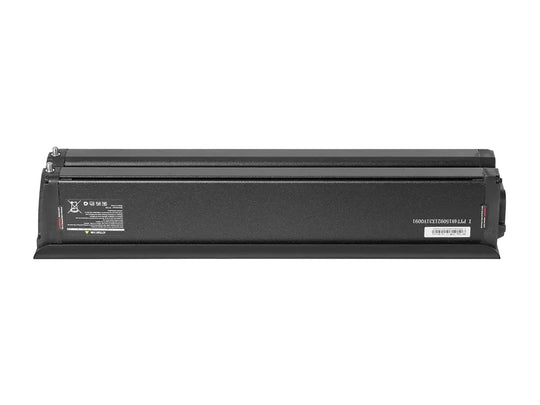
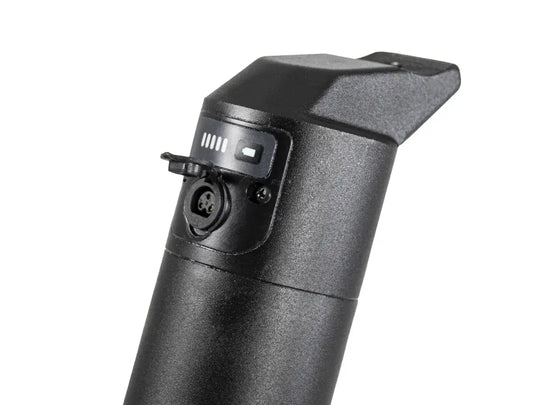
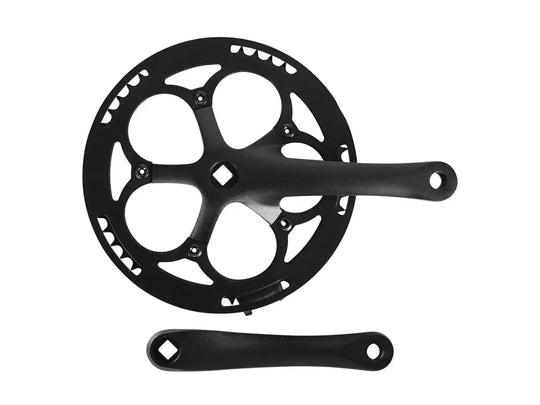
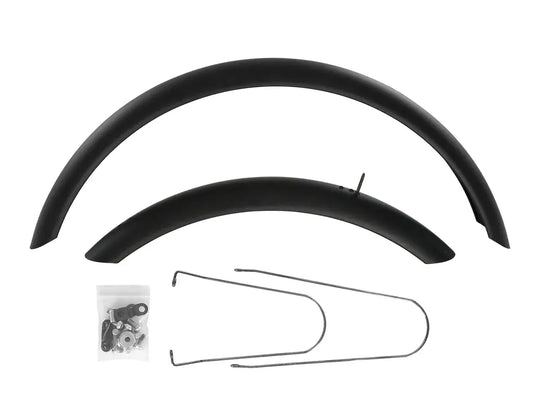
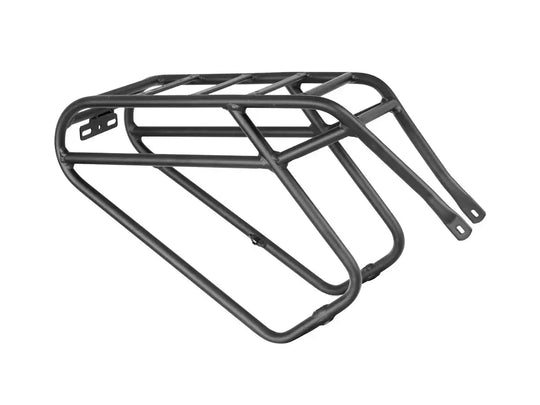
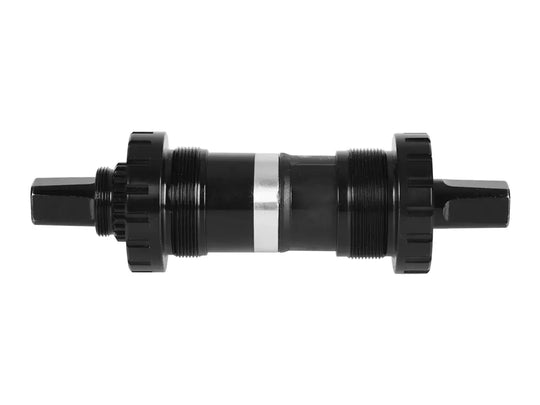
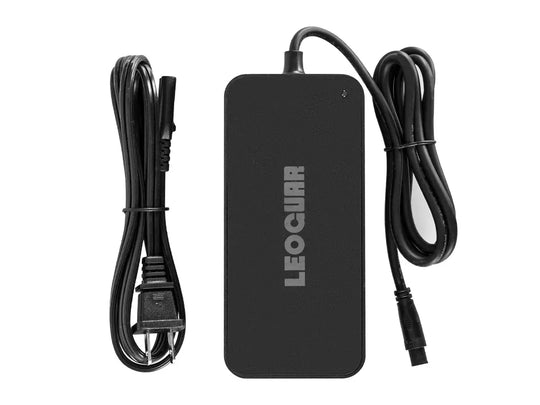
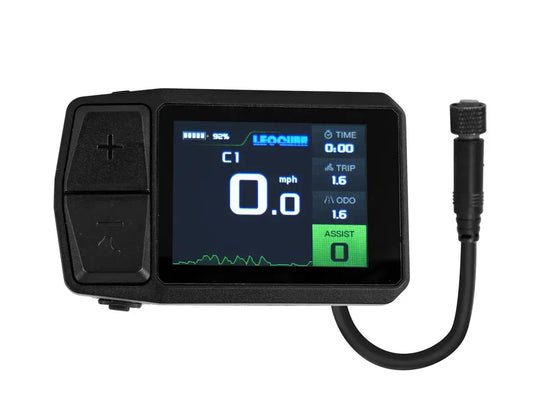
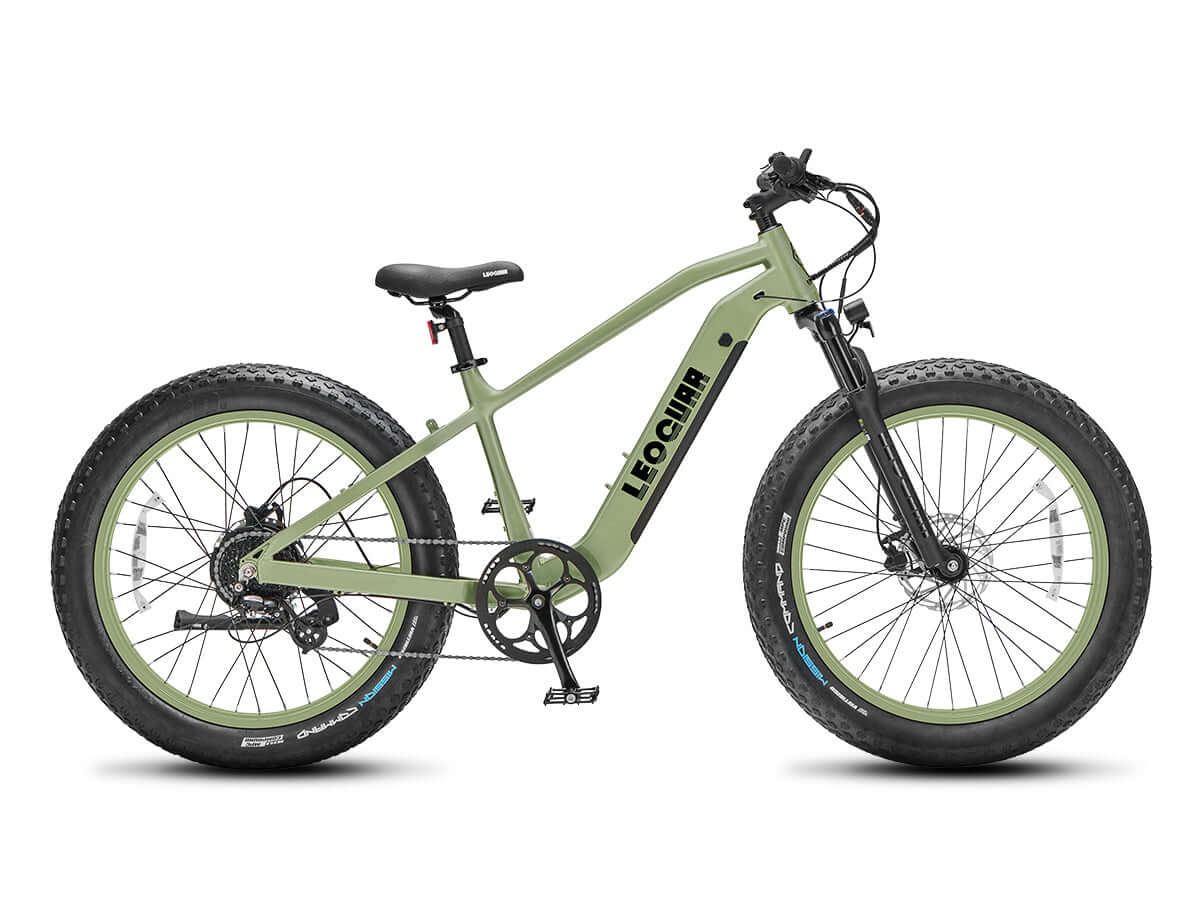







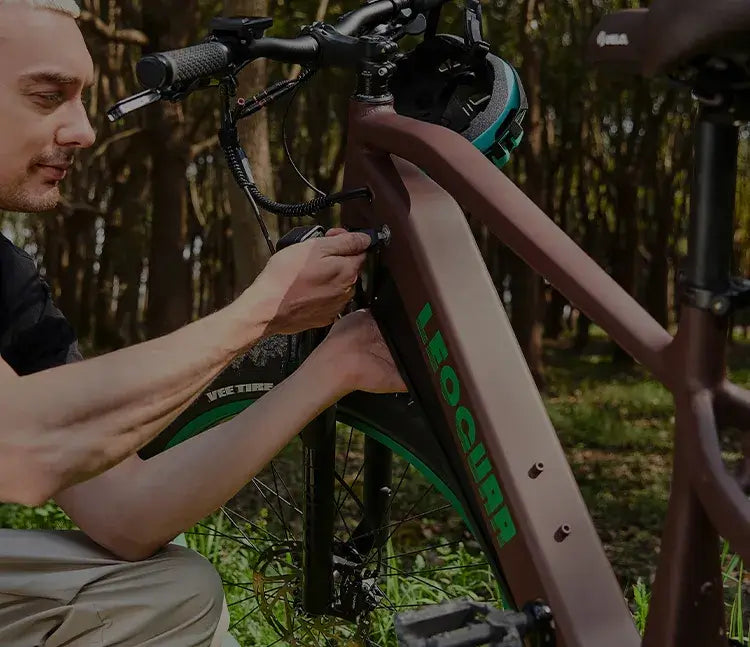
Leave a comment